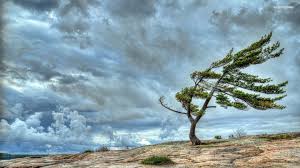Seven Mile Market’s Simcha

After walking into Seven Mile Market on Sunday, January 20, I asked a cashier if I could borrow a pen. It wasn’t to write a check but to capture what was going on at Seven Mile’s Customer Appreciation and 30th Anniversary Event. While winds blew wildly outside, on one of the coldest days of the year, inside, the warmth among the customers, management, and product demonstrators was worth recording.
The store was filled with the joy that comes from sharing a simcha. “This isn’t a day to shop but a day to have fun,” said one customer. Adults and children walked from table to table sampling the many varieties of food being offered. Although some people with carts were actually shopping and experienced a few “traffic jams,” no one pushed, not even the children with chocolate and vanilla ice cream on their cheeks and noses.











